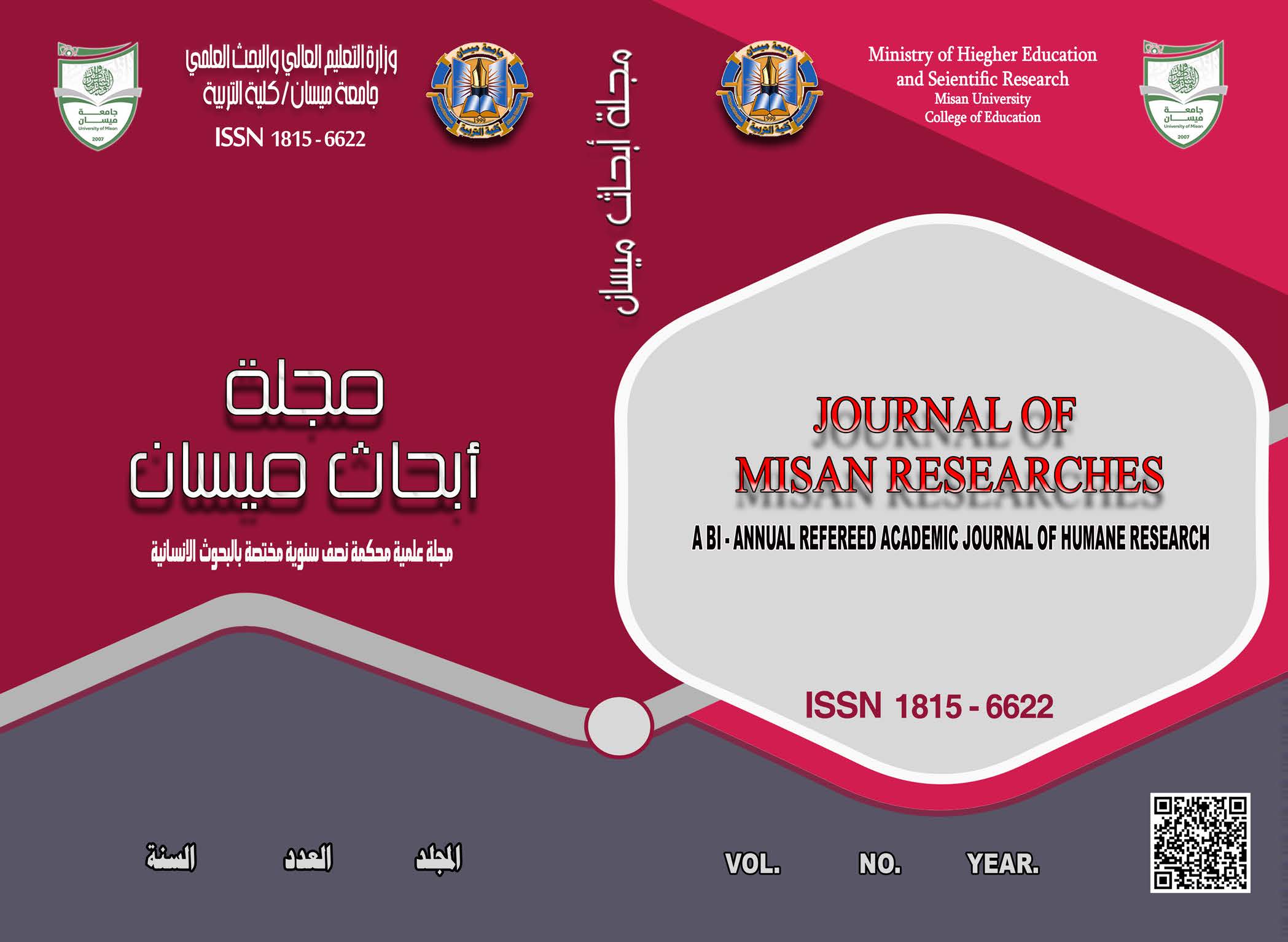Abstract
The study addresses the Syrian position on the events that occurred between Jordan and the Palestine Liberation Organization (PLO) in 1970/1971, particularly as that period saw the peak of the political crisis and military option between the two parties. Meanwhile, in November 1970, there was a change in the regime in Syria, by which Hafez al-Assad came to power.
The study also reflects on the transformations in the Syrian position before and after the coup (Corrective Movement). Notably, the Syrian political discourse and behavior during the Syrian President Nur al-Din al-Atasi's era was characterized by the desire to change the regime in Jordan. However, after the arrival of Hafez al-Assad to power, the Syrian official discourse and position became more moderate and balanced towards Jordan and less enthusiastic towards the Palestinian resistance factions. This attitudinal discrepancy (Atassi vs. Assad) can be attributed to national, regional and international parameters.
The study draws mainly on the Arab and Palestinian documents that represent the official Palestinian position concerning that period
The study also reflects on the transformations in the Syrian position before and after the coup (Corrective Movement). Notably, the Syrian political discourse and behavior during the Syrian President Nur al-Din al-Atasi's era was characterized by the desire to change the regime in Jordan. However, after the arrival of Hafez al-Assad to power, the Syrian official discourse and position became more moderate and balanced towards Jordan and less enthusiastic towards the Palestinian resistance factions. This attitudinal discrepancy (Atassi vs. Assad) can be attributed to national, regional and international parameters.
The study draws mainly on the Arab and Palestinian documents that represent the official Palestinian position concerning that period
Keywords
(P.LO)
1970-1971 Crisis
Jordan
Syria
Abstract
الموقف السوري الرسمي من الأزمة بين الأردن ومنظمة التحرير الفلسطينية 1970/1971
تتناول الدراسة , الموقف السوري من الأزمة التي وقعت بين الأردن ومنظمة التحرير الفلسطينية 1970/1971, لاسيما وأن تلك الفترة , شهدت ذروة التوتر السياسي و العسكري بين الطرفين , وفي الوقت ذاته حدث تغيير في نظام الحكم في سوريا في تشرين ثاني 1970 حيث وصل حافظ الأسد إلى سدة الحكم .
ترصد الدراسة التحولات في الموقف السوري , ما قبل وصول حافظ الأسد إلى الحكم (الحركة التصحيحية) وبعده , حيث نلاحظ أن الخطاب والسلوك السياسي السوري في عهد نور الدين الأتاسي ,اتسم بالرغبة في تغيير نظام الحكم في الأردن. أما بعد وصول حافظ الأسد للحكم , فقد أصبح الخطاب الرسمي السوري أكثر اعتدالاً وتوازناً تجاه الأردن , وأقل حماسة تجاه فصائل المقاومة الفلسطينية , وهذا التباين في المواقف (الأتاسي والأسد) يعود إلى أسباب داخلية وإقليمية ودولية .
اعتمدت الدراسة بشكل رئيسي على الوثائق الفلسطينية العربية التي تمثل الموقف الرسمي الفلسطيني في تلك المرحلة
تتناول الدراسة , الموقف السوري من الأزمة التي وقعت بين الأردن ومنظمة التحرير الفلسطينية 1970/1971, لاسيما وأن تلك الفترة , شهدت ذروة التوتر السياسي و العسكري بين الطرفين , وفي الوقت ذاته حدث تغيير في نظام الحكم في سوريا في تشرين ثاني 1970 حيث وصل حافظ الأسد إلى سدة الحكم .
ترصد الدراسة التحولات في الموقف السوري , ما قبل وصول حافظ الأسد إلى الحكم (الحركة التصحيحية) وبعده , حيث نلاحظ أن الخطاب والسلوك السياسي السوري في عهد نور الدين الأتاسي ,اتسم بالرغبة في تغيير نظام الحكم في الأردن. أما بعد وصول حافظ الأسد للحكم , فقد أصبح الخطاب الرسمي السوري أكثر اعتدالاً وتوازناً تجاه الأردن , وأقل حماسة تجاه فصائل المقاومة الفلسطينية , وهذا التباين في المواقف (الأتاسي والأسد) يعود إلى أسباب داخلية وإقليمية ودولية .
اعتمدت الدراسة بشكل رئيسي على الوثائق الفلسطينية العربية التي تمثل الموقف الرسمي الفلسطيني في تلك المرحلة
Keywords
أزمة عام 1970-1971
الأردن
سوريا
منظمة التحرير الفلسطينية
